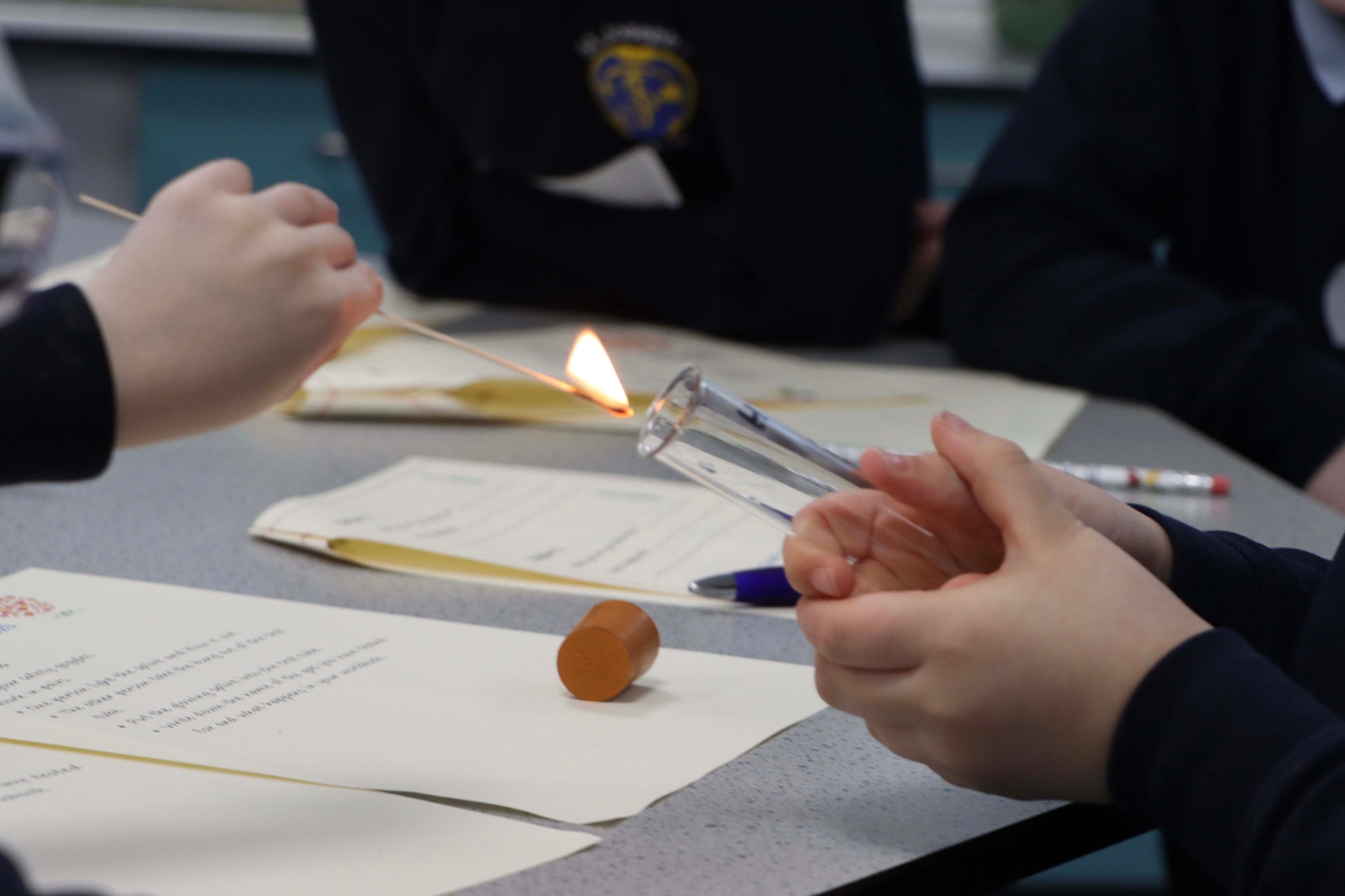Science
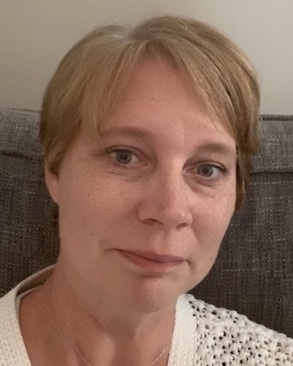
Mrs J Booth
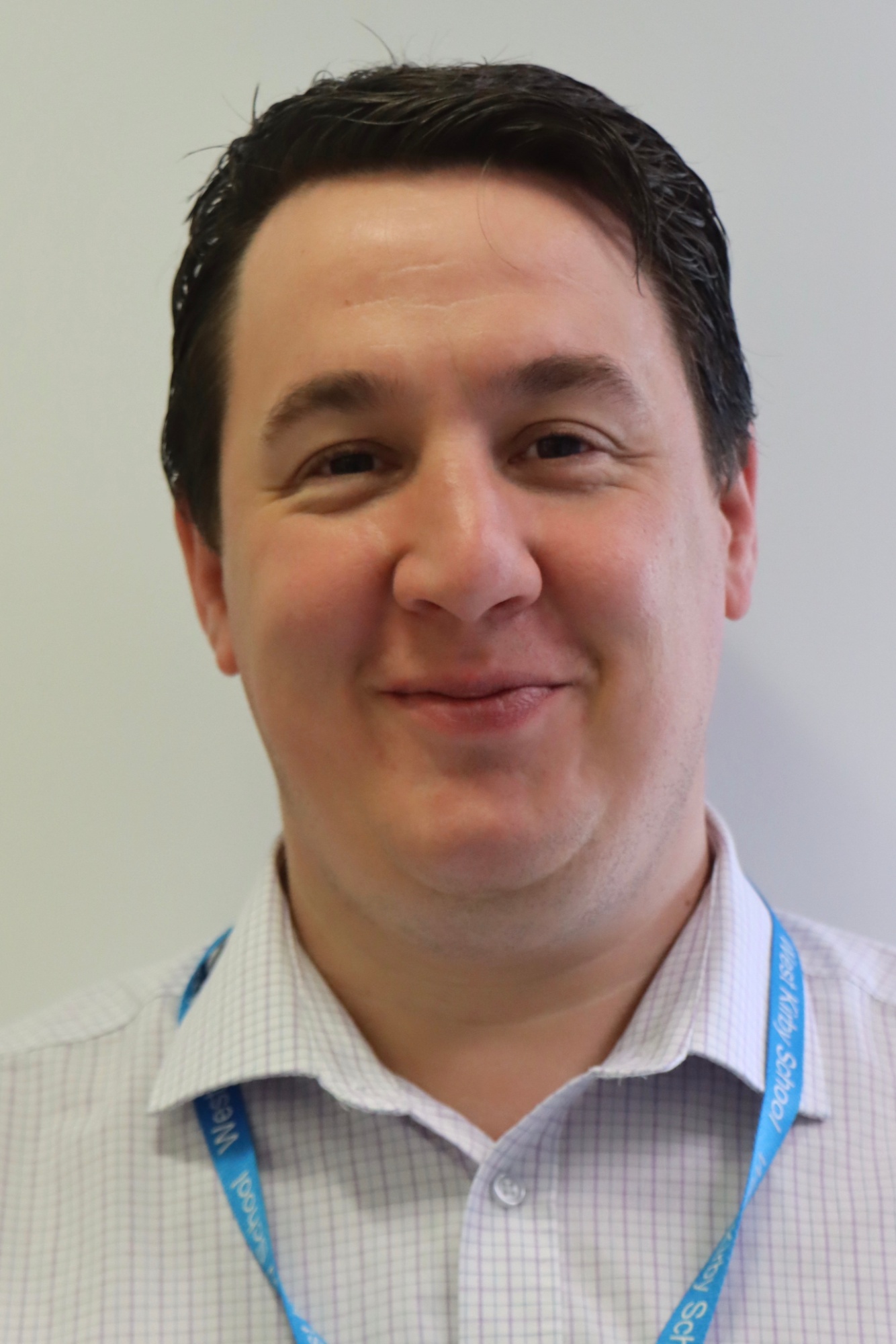
Mr Gill
Overview
Our aim is to deliver a broad and balanced science education which prepares all our students for their future lives, either in the world of work or further education. We all strive to present lively, stimulating and exciting lessons which not only develop our student’s investigative skills and generate real interest, but also equip them with a knowledge and understanding of key scientific principles.
Strong emphasis is placed on the active involvement of our students in their learning process and they are exposed to a wide range of teaching and learning activities. This variety provides many opportunities for students to enhance many skill areas such as thinking, ICT, problem solving, reasoning, independent learning, performance, information processing, enquiry, creative thinking, evaluation and the ability to work with others.
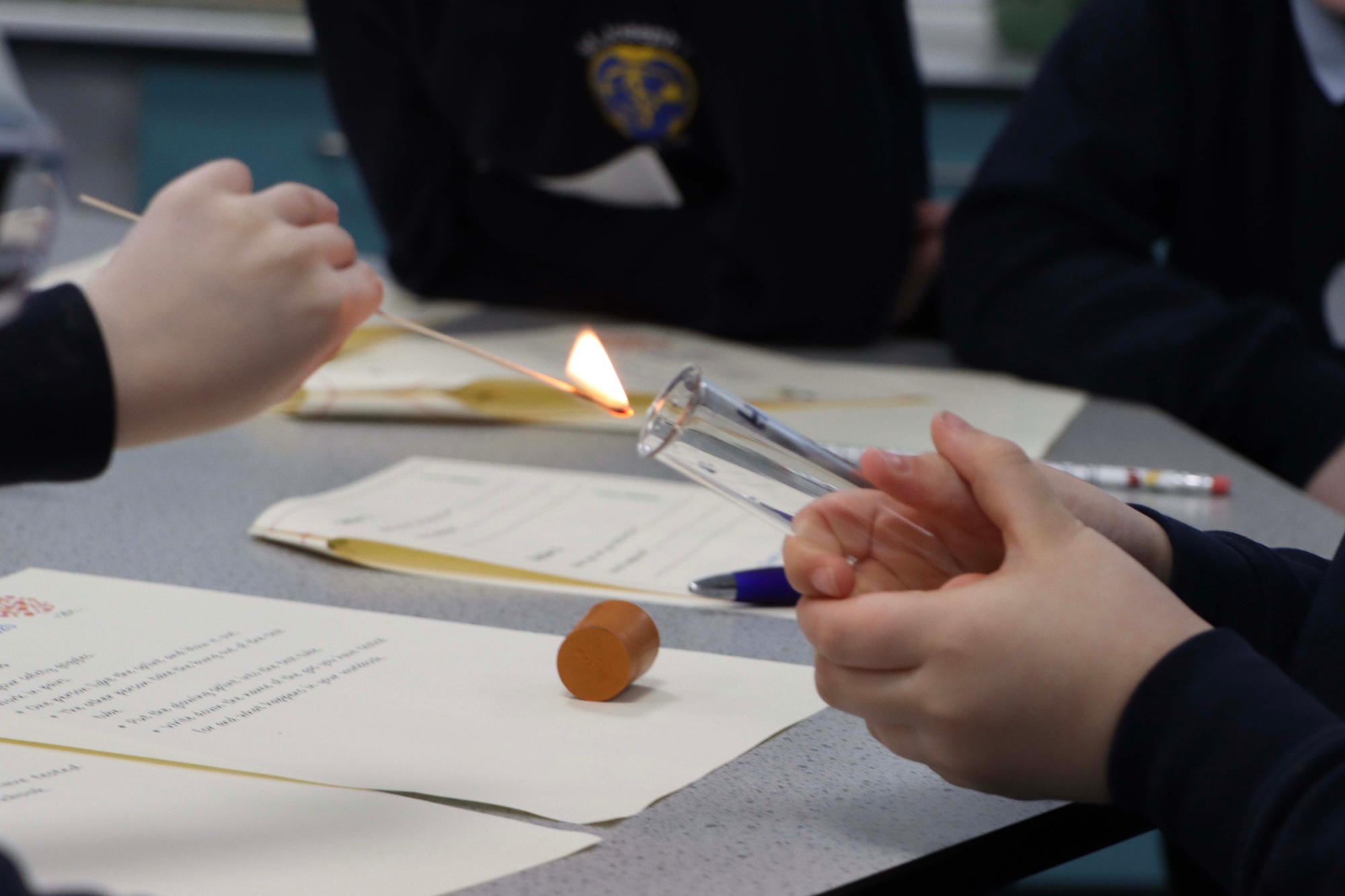
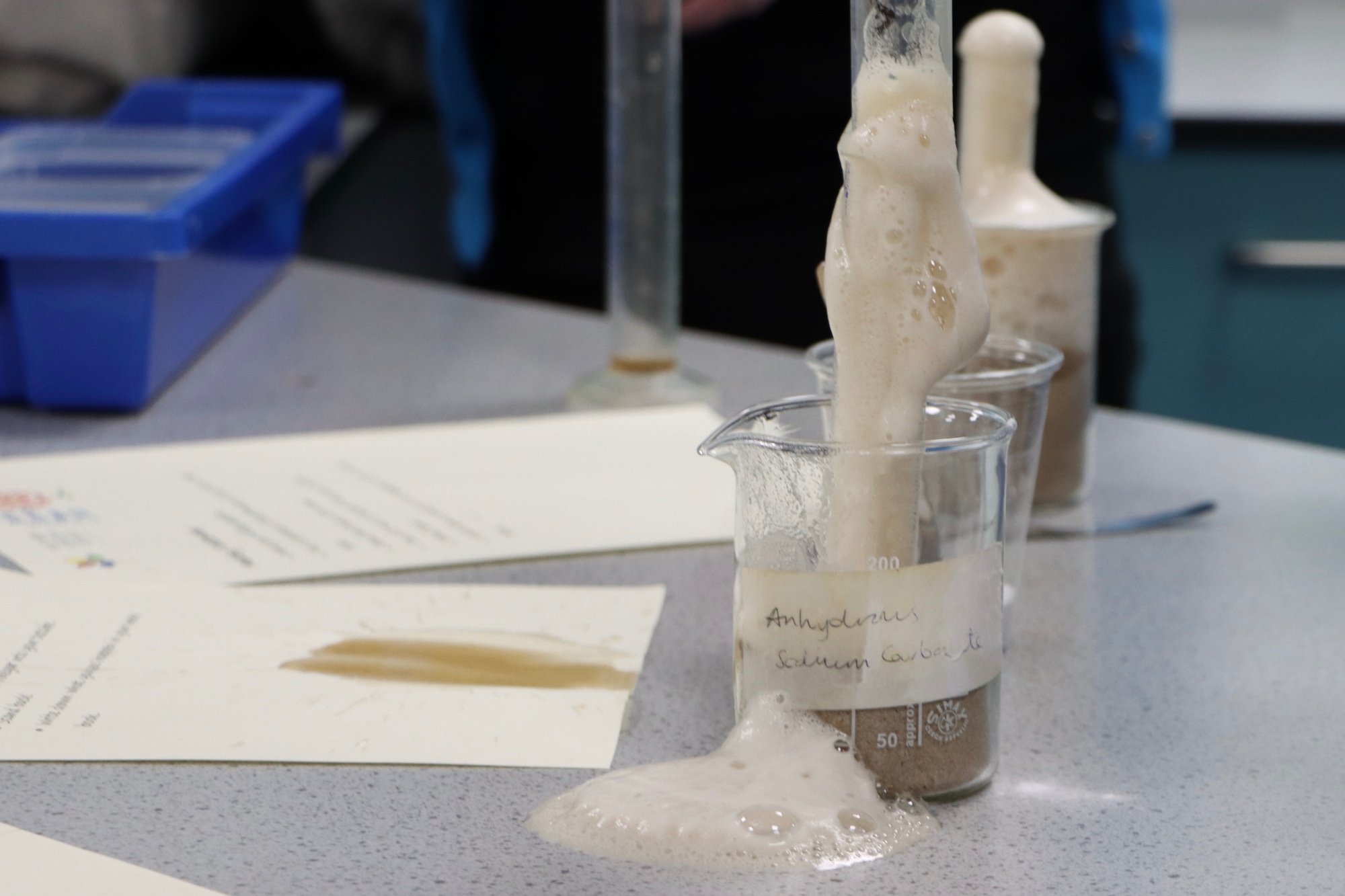
Department facilities
The science department has increased in staff members over the last year. We are now two full time science teachers and two senior leaders who teach one class each. With the increase in staff came a demand for labs. We have one fully fitted science lab and one science room capable of dealing with biology and physics experiments. We are currently considering and planning the best layout for this lab to be fitted out to cope with all science disciplines. The department has a prep room and it is managed by the teachers themselves.
Curriculum
In Year 7and 8 all students receive three lessons of Science a week. Yr9 and KS4 have 4 lessons a week and all lessons are 50 minutes.
In KS3 we aim to provide a full and varied range of topics which adhere to the National curriculum guidelines. The aim is to engage, enthuse and fully prepare the pupils for KS4. Our students can come to us with many months or years of absence. Not only do we try to identify the areas they have missed and address them, but also motivate them to engage and see the application of science in everyday life. By the end of the keystage, the students should have the knowledge and understanding to be ready for the next stage.
In KS4 we aim for each student to achieve grades at GCSE level. The school follows the AQA 9-1 Science trilogy course. The curriculum coverage was completed over 3 years, but we are returning to the 2 year model in order to improve the experience for our pupils in KS3. We have learnt from the disruptions to all students in the pandemic and we feel that a restructuring of the curriculum was necessary to make sure the younger years could recoup their lost education and increase their confidence before beginning a GCSE course.
STEM at West Kirby School
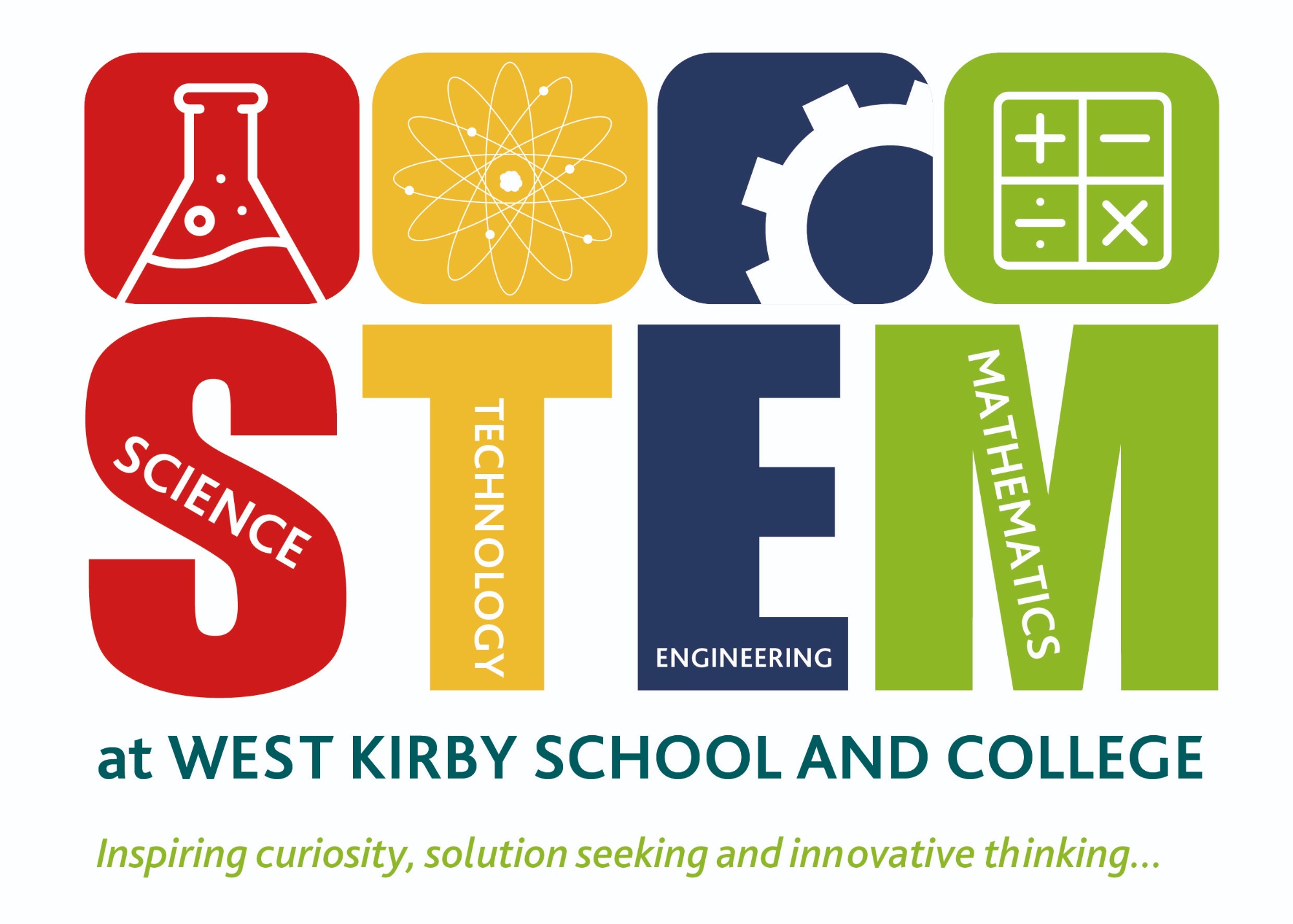
Science is one of our STEM subjects and integral to the delivery of the STEM Strategy. Read more here
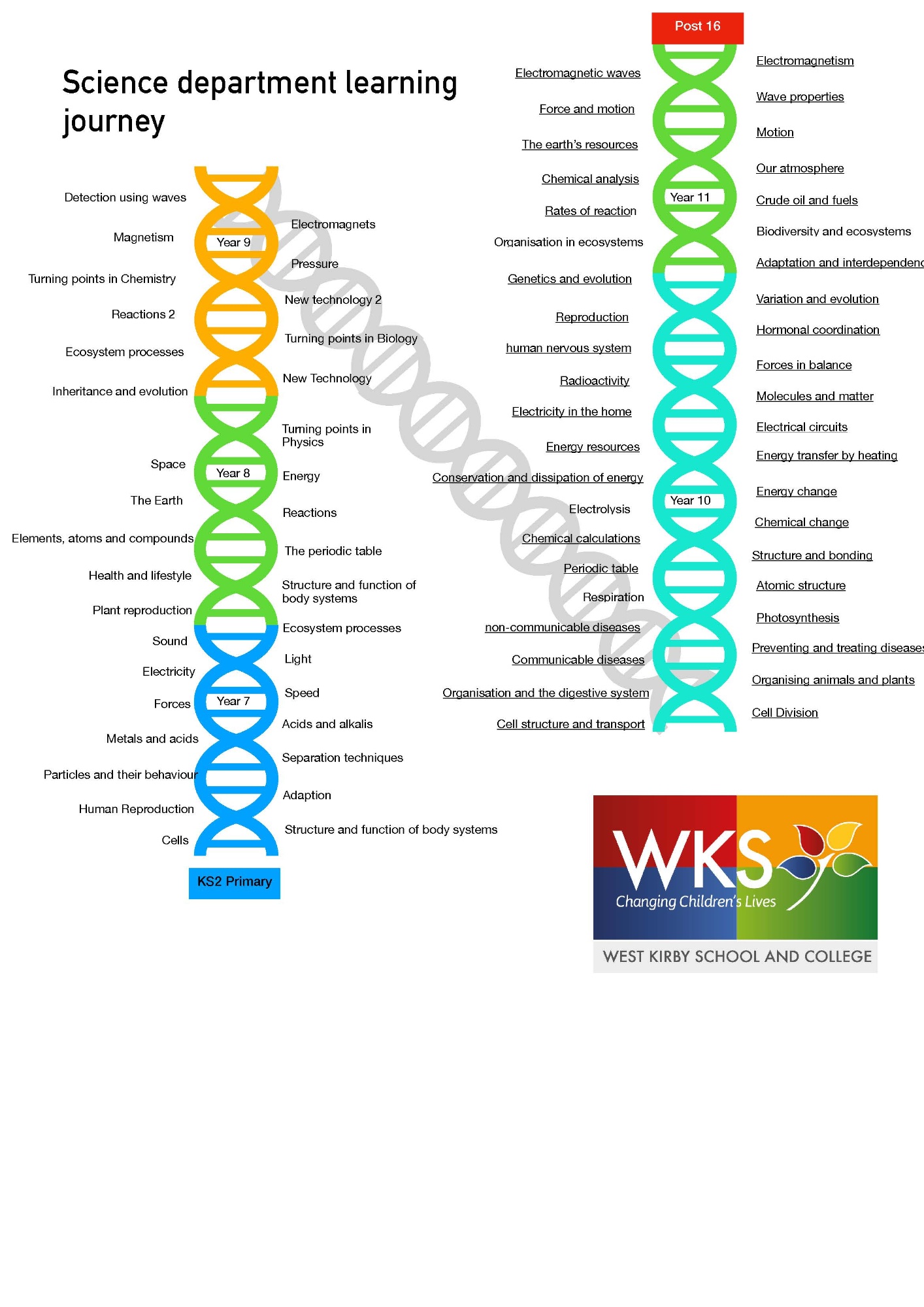
Key Stage 1
The intent in Key Stage 1 is to teach the children about phenomena and the world around them. Science is a medium through which children develop their ability to think, hypothesise, evaluate, explain and question the world around them and the impact of science on.
Key Stage 2
In Key Stage 2 the intent is to find out about the real world through methodical investigation, systematic observation, questioning and experimentation. Appropriate learning opportunities so develop the skills needed to be active citizens within an increasingly scientific world.
It is our aim to create a challenging environment that raises standards of achievement in Science through high quality teaching and learning. Pupils build up their scientific skills and knowledge, developing the necessary ability to investigate, question and understand scientific concepts.
Key Stage 3
The Key Stage 3 course is designed to investigate the history of scientific breakthroughs, the current issues we are having to contend with in the world and the New technological advances being made to solve the issues.
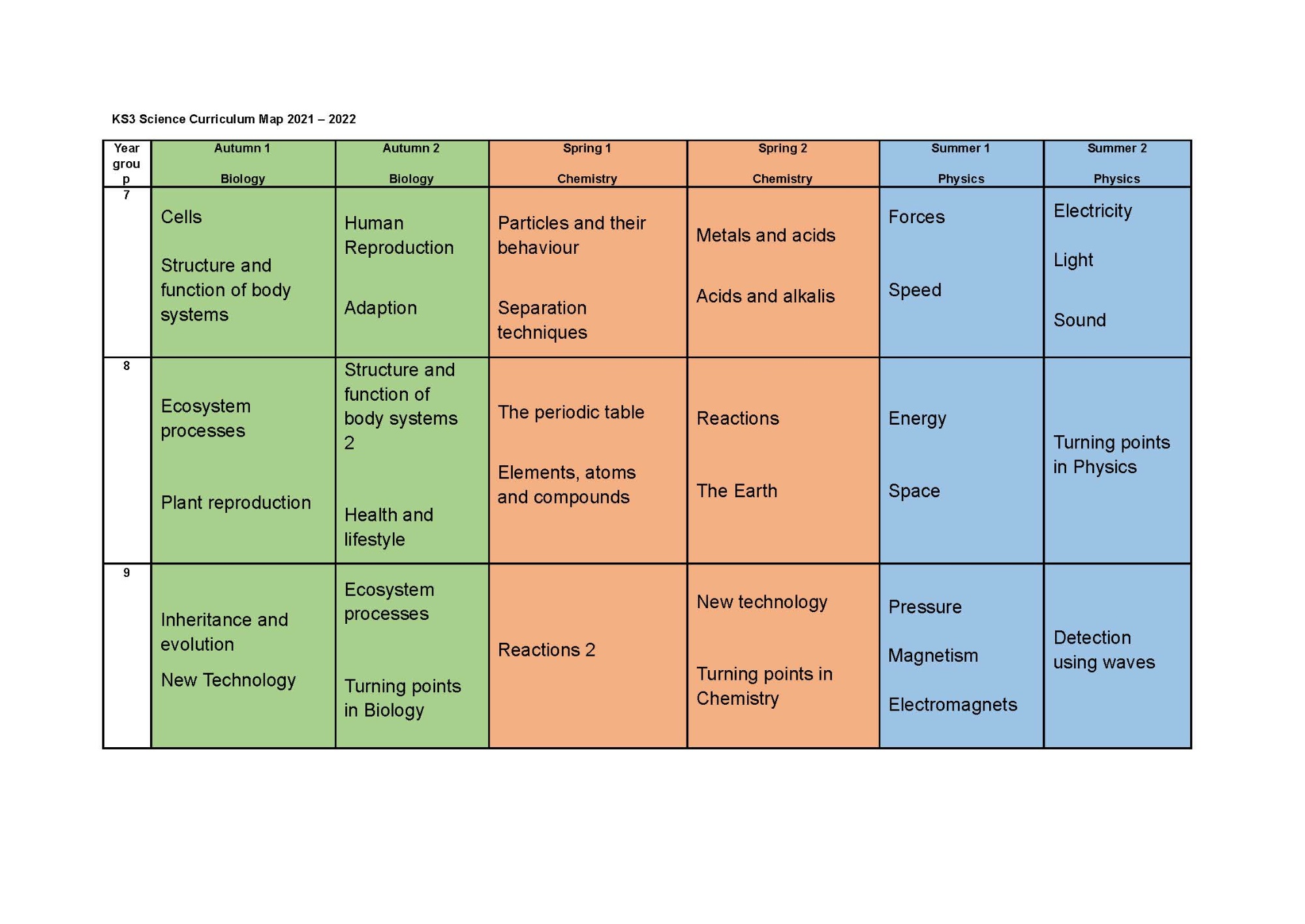
Key Stage 4
AQA GCSE Combined trilogy is a 2 year course. Subjects include the human body, environment, genetics, industrial extraction methods, energy resources and forces. The course draws upon maths skills, geographical and historical knowledge. The course is awarded two grades at GCSE level.
The courses in all Key Stages contain a high proportion of practical work. The experiments and can require planning, repetition, adaptation and analysis. The investigative skills developed during the courses are designed to interest the pupils, develop resilience and promote teamwork.
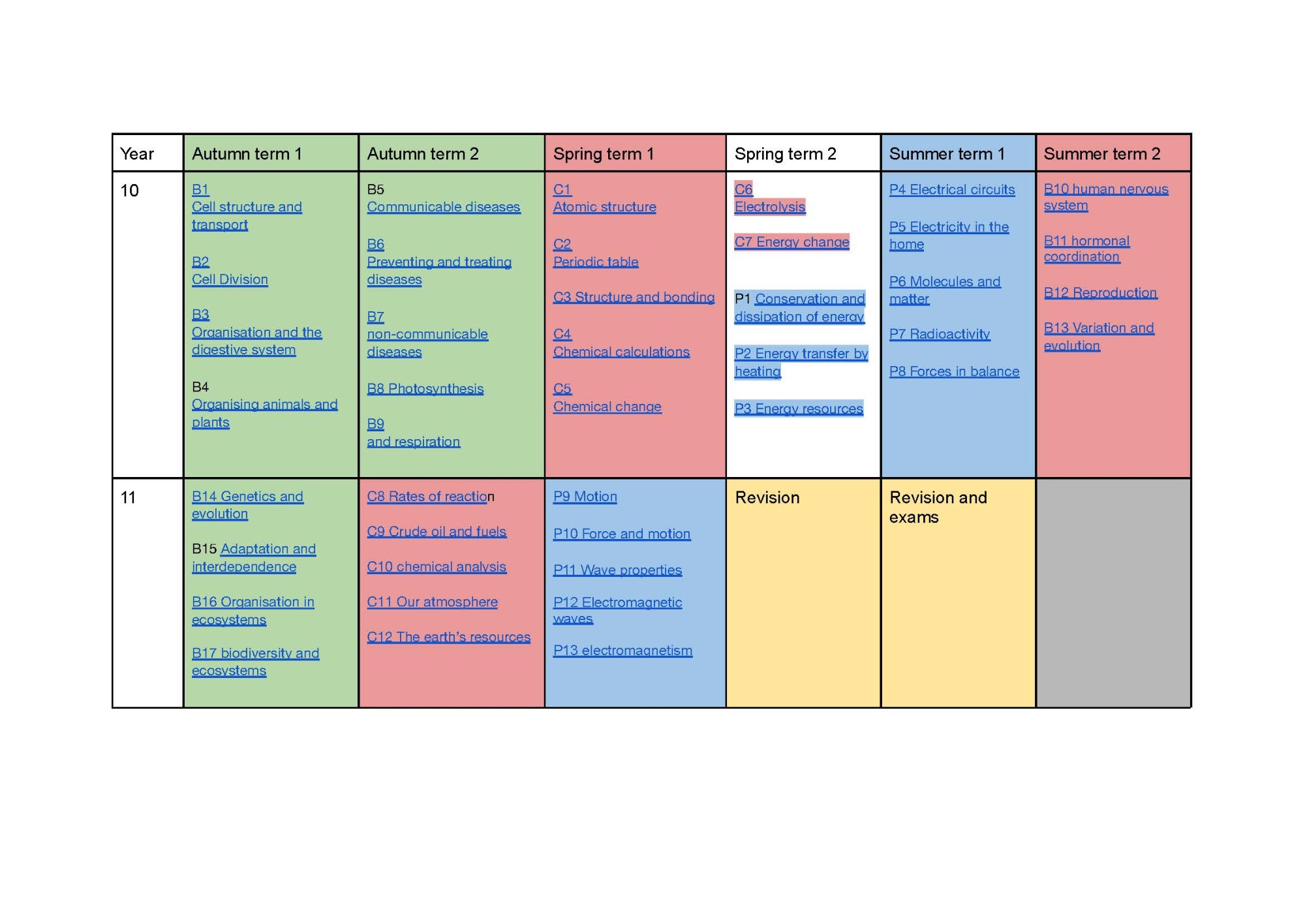
Useful resource
